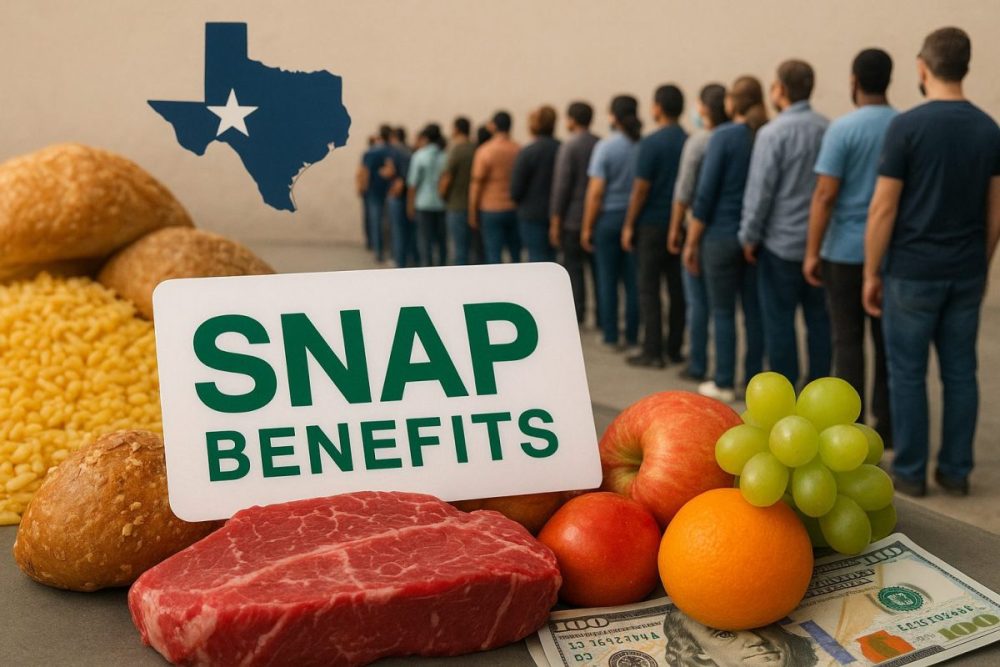Agriculture Secretary Brooke Rollins Signals Nationwide SNAP Reapplication; Millions Could Be Affected
November 16, 2025 – Agriculture Secretary Brooke Rollins said this week that she intends to require all SNAP recipients to reapply for their benefits, a sweeping step that could affect 42 million low-income Americans who rely on the Supplemental Nutrition Assistance Program. The announcement comes just days after the federal government reopened, ending a record shutdown that had already strained food assistance programs nationwide.
Rollins shared the plan during an interview with Newsmax, saying the reapplication effort is part of the Trump administration’s broader push to reduce fraud and tighten eligibility oversight. But with few details released so far, states and advocacy groups are uncertain how the process will unfold—or how quickly.
“We’re going to have everyone reapply,” Rollins said, adding that reforms are aimed at ensuring accuracy within the system. The administration has not clarified whether current beneficiaries would lose benefits during the review process, or what additional documentation might be required.
Politico reporter Grace Yarrow, speaking with LiveNow from FOX, said the move aligns with a larger Republican initiative to reshape federal food assistance. “This is part of a bigger push to crack down on fraud,” Yarrow explained, noting that the proposal could create significant administrative burdens for both states and families.
If implemented quickly, the reapplication requirement could overwhelm state benefits offices still recovering from the shutdown, when delayed paychecks and instability caused a spike in emergency food requests. Advocacy groups warn that millions could experience gaps in assistance if states are unable to process the massive wave of applications in time.
Texas alone serves nearly four million SNAP recipients, many of whom are still navigating backlogs from the shutdown period. Local officials say they’re waiting for guidance from the USDA before preparing for what could be one of the largest administrative overhauls in the program’s history.
For now, stability for millions of families remains uncertain as they await clearer instructions from Washington.







